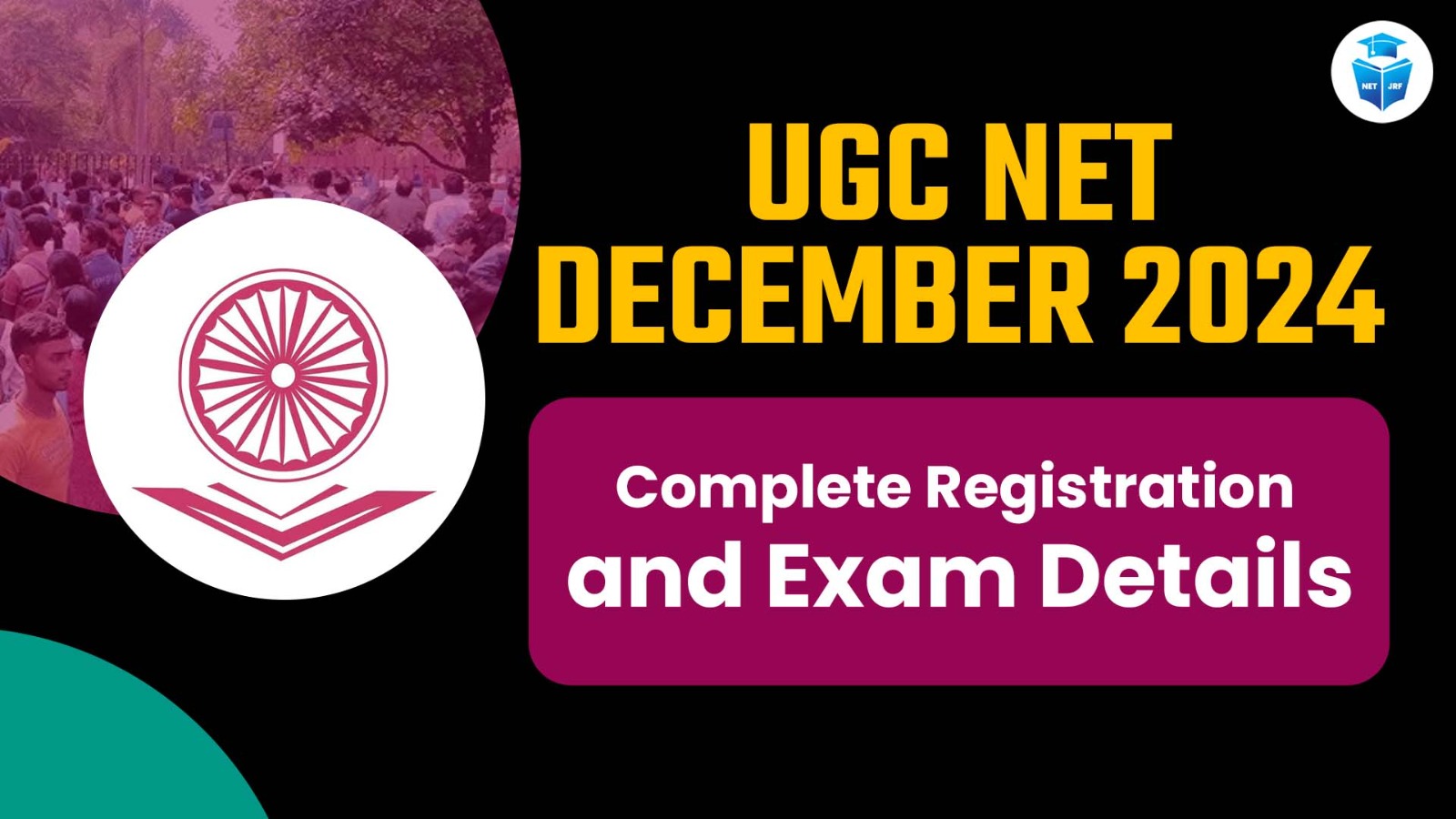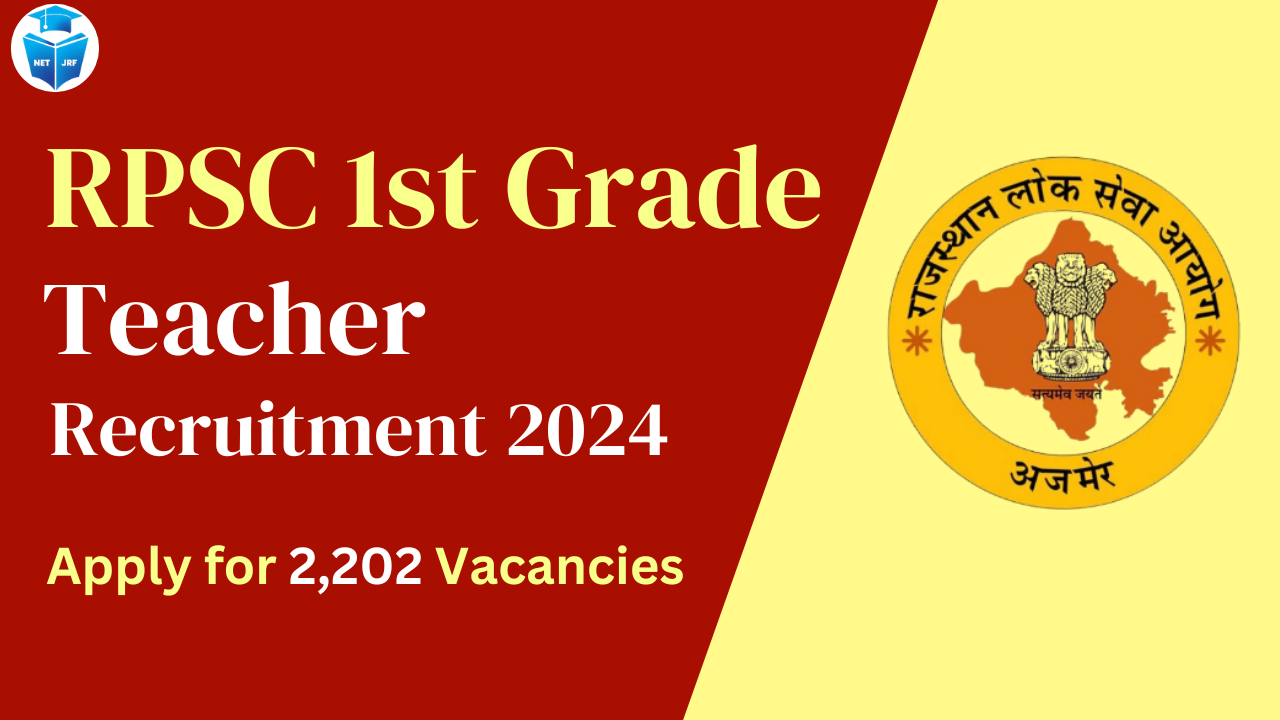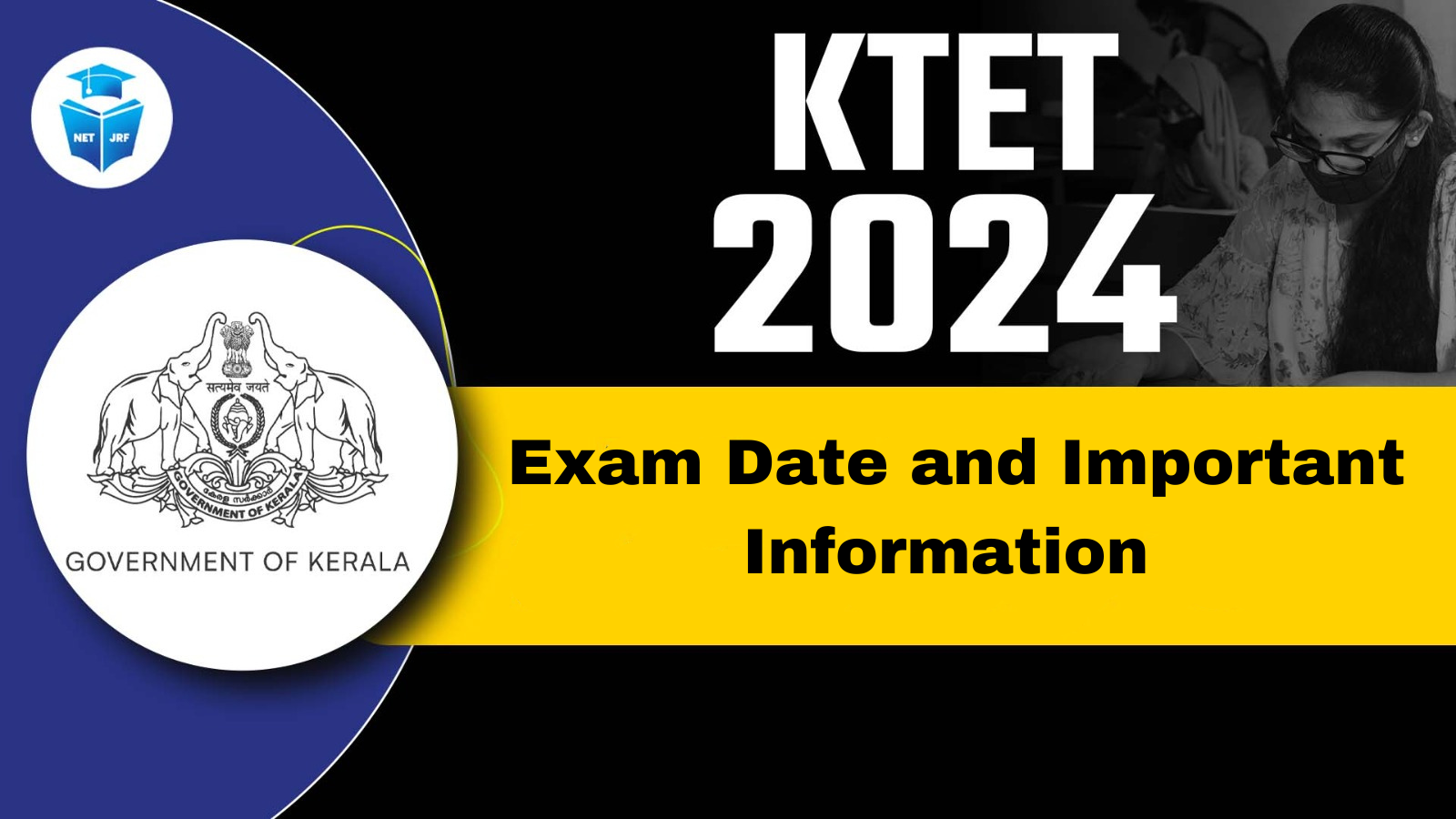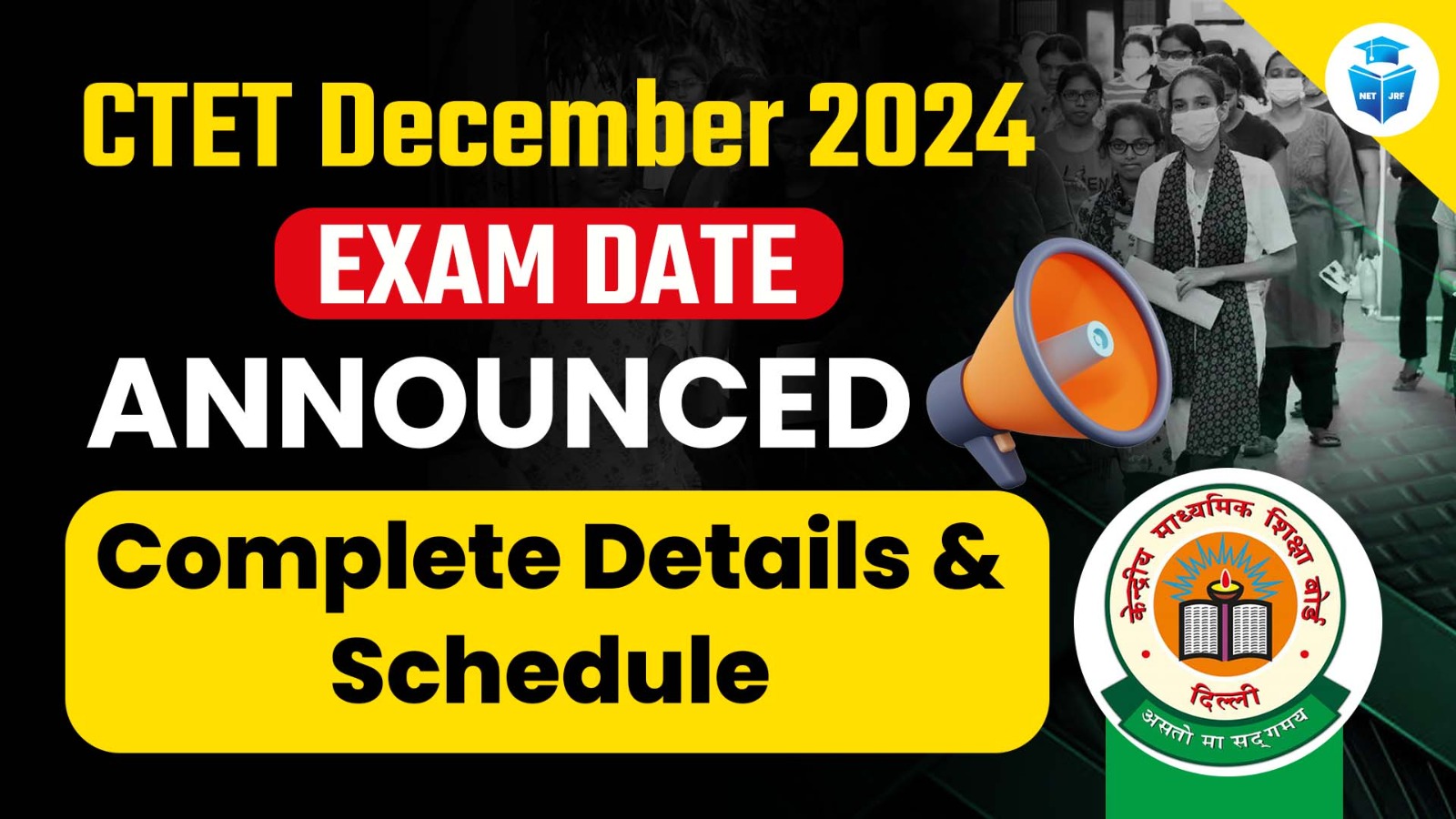.jpg)
Get an Instant Callback by our Mentor!

UGC NET Overview
The National Testing Agency (NTA) has been entrusted by the University Grants Commission (UGC) with the task of conducting UGC-NET Exam, which is a Test to determine the eligibility of Indian nationals for ‘Assistant Professor’ as well as ‘Junior Research Fellowship and Assistant Professor’ in Indian Universities and Colleges.
The UGC-NET is being conducted by the National Testing Agency (NTA) in Computer Based Test (CBT) mode w.e.f. December 2018 onwards.
Awarding of Junior Research Fellowship (JRF) and/ or Eligibility for Assistant Professorship depends on the aggregate performance of the candidate in Paper-I and Paper-II of UGC-NET. The candidates qualifying only for Assistant Professorship are not eligible to be considered for the award of JRF. Candidates who qualify the eligibility test for Assistant Professorship are governed by the rules and regulations of the concerned Universities/Colleges/State Governments, as the case may be for recruitment of Assistant Professor.
UGC-NET is conducted twice every year (June & December). Due to the outbreak of COVID- 19 pandemic in 2020 & 2021, the cycles of UGC NET were merged and conducted together.
In order to regularize the UGC-NET examination cycle, the National Testing Agency (NTA), with the concurrence of UGC is conducting UGC NET December 2022 in the month of February & March 2023 in 83 subjects, at selected cities across the country.
Going a step further and to regularise the exam cycle, the NTA has released exam dates for the later half of the year and the exam will be held from 13th to 22nd June 2023.
As NTA gears up to conduct the exam in a proper manner, students also need to prepare themselves for the exam in a dedicated manner. For students who are preparing for UGC Net with geography as a subject, here are a few pointers to guide you in the right direction.
Our JRF team is the best in the business and almost all of them have already been selected as JRF. So, in your preparation journey we will be the best guide for you and our experienced team will prove to be a vital cog in your preparation journey.
How to prepare for UGC NET Geography Paper II
Go through the syllabus to gauge your strengths and weaknesses
|
UNIT-I |
Continental Drift, Plate Tectonics, Endogenetic and Exogenetic forces. Denudation and Weathering, Geomorphic Cycle (Davis and Penck), Theories and Process of Slope Development, Earth Movements (seismicity, folding, faulting and vulcanicity), Landform Occurrence and Causes of Geomorphic Hazards (earthquakes, volcanoes, landslides and avalanches) |
|
UNIT –II |
Composition and Structure of Atmosphere; Insolation, Heat Budget of Earth, Temperature, Pressure and Winds, Atmospheric Circulation (air-masses, fronts and upper air circulation, cyclones and anticyclones (tropical and temperate), Climatic Classification of Koppen & Thornthwaite, ENSO Events (El Nino, La Nina and Southern Oscillations), Meteorological Hazards and Disasters (Cyclones, Thunderstorms, Tornadoes, Hailstorms, Heat and Cold waves Drought and Cloudburst, Glacial Lake Outburst (GLOF), Climate Change: Evidences and Causes of Climatic Change in the past, Human impact on Global Climate. |
|
UNIT-III |
Relief of Oceans, Composition: Temperature, Density and Salinity, Circulation: Warm and Cold Currents, Waves, Tides, Sea Level Changes, Hazards: Tsunami and Cyclone |
|
UNIT –IV |
Components: Ecosystem (Geographic Classification) and Human Ecology, Functions: Trophic Levels, Energy Flows, Cycles (geo-chemical, carbon, nitrogen and oxygen), Food Chain, Food Web and Ecological Pyramid, Human Interaction and Impacts, Environmental Ethics and Deep Ecology, Environmental Hazards and Disasters (Global Warming, Urban Heat Island, Atmospheric Pollution, Water Pollution, Land Degradation), National Programmes and Policies: Legal Framework, Environmental Policy, International Treaties, International Programmes and Policies (Brundtland Commission, Kyoto Protocol, Agenda 21, Sustainable Development Goals, Paris Agreement) |
|
UNIT –V |
Sources of population data (census, sample surveys and vital statistics, data reliability and errors). World Population Distribution (measures, patterns and determinants), World Population Growth (prehistoric to modern period). Demographic Transition, Theories of Population Growth (Malthus, Sadler, and Ricardo). Fertility and Mortality Analysis (indices, determinants and world patterns). Migration (types, causes and consequences and models), Population Composition and Characteristics (age, sex, rural-urban, occupational structure and educational levels), Population Policies in Developed and Developing Countries. Settlement Geography Rural Settlements (types, patterns and distribution), Contemporary Problems of Rural Settlements ( rural-urban migration; land use changes; land acquisition and transactions), Theories of Origin of Towns (Gordon Childe, Henri Pirenne, Lewis Mumford), Characteristics and Processes of Urbanization in Developed and Developing Countries (factors of urban growth, trends of urbanization, size, structure and functions of urban areas). Urban Systems ( the law of the primate city and rank size rule) Central Place Theories (Christaller and Losch), Internal Structure of the City, Models of Urban Land Use (Burgess, Harris and Ullman , and Hoyt), Concepts of Megacities, Global Cities and Edge Cities, Changing Urban Forms (peri-urban areas, rural-urban fringe, suburban , ring and satellite towns), Social Segregation in the City, Urban Social Area Analysis, Manifestation of Poverty in the City (slums, informal sector growth, crime and social exclusion). |
|
Unit–VI: Geography of Economic Activities and Regional Development |
Economic Geography Factors affecting spatial organization of economic activities (primary, secondary, tertiary and quaternary), Natural Resources (classification, distribution and associated problems), Natural Resources Management. World Energy Crises in Developed and Developing Countries. Agricultural Geography Land capability classification and Land Use Planning, Cropping Pattern: Methods of delineating crop combination regions (Weaver, Doi and Rafiullah), Crop diversification, Von Thunen’s Model of Land Use Planning. Measurement and Determinants of Agricultural Productivity, Regional variations in Agricultural Productivity, Agricultural Systems of the World. Industrial Geography Classification of Industries, Factors of Industrial Location; Theories of Industrial Location (A. Weber, E. M. Hoover, August Losch, A. Pred and D. M. Smith). World Industrial Regions, Impact of Globalization on manufacturing sector in Less Developed Countries, Tourism Industry, World distribution and growth of Information And Communication Technology (ICT) and Knowledge Production (Education and R & D) Industries. Geography of Transport and Trade Theories and Models of spatial interaction (Edward Ullman and M. E. Hurst) Measures and Indices of connectivity and accessibility; Spatial Flow Models: Gravity Model and its variants, World Trade Organisation, Globalization and Liberalization and World Trade Patterns. Problems and Prospects of Inter and Intra Regional Cooperation and Trade. Regional Development Typology of Regions, Formal and Functional Regions, World Regional Disparities, Theories of Regional Development(Albert O. Hirschman, Gunnar Myrdal, John Friedman, Dependency theory of Underdevelopment, Global Economic Blocks, Regional Development and Social Movements in India |
|
Unit – VII: Cultural, Social and Political Geography Cultural and Social Geography |
Concept of Culture, Cultural Complexes, Areas and Region, Cultural Heritage, Cultural Ecology. Cultural Convergence, Social Structure and Processes, Social Well-being and Quality of Life, Social Exclusion, Spatial distribution of social groups in India (Tribe, Caste, Religion and Language), Environment and Human Health, Diseases Ecology, Nutritional Status (etiological conditions, classification and spatial and seasonal distributional patterns with special reference to India) Health Care Planning and Policies in India, Medical Tourism in India. Political Geography Boundaries and Frontiers (with special reference to India), Heartland and Rimland Theories. Trends and Developments in Political Geography, Geography of Federalism, Electoral Reforms in India, Determinants of Electoral Behaviour, Geopolitics of Climate Change, Geopolitics of World Resources, Geo-politics of India Ocean, Regional Organisations of Cooperation (SAARC, ASEAN, OPEC, EU). Geopolitics of World Natural Resources. |
|
Unit VIII: Geographic Thought |
Contributions of Greek, Roman, Arab, Chinese and Indian Scholars, Contributions of Geographers (Bernhardus Varenius, Immanuel Kant, Alexander von Humboldt, Carl Ritter, Scheafer & Hartshorne), Impact of Darwinian Theory on Geographical Thought. Contemporary trends in Indian Geography: Cartography, Thematic and Methodological contributions. Major Geographic Traditions (Earth Science, man- environment relationship, area studies and spatial analysis), Dualisms in Geographic Studies (physical vs. human, regional vs. systematic, qualitative vs. quantitative, ideographic vs. nomothetic), Paradigm Shift, Perspectives in Geography (Positivism, Behaviouralism, Humanism, Structuralism, Feminism and Postmodernism). |
|
Unit IX: Geographical Techniques |
Sources of Geographic Information and Data (spatial and non-spatial), Types of Maps, Techniques of Map Making (Choropleth, Isarithmic, Dasymetric, Chorochromatic, Flow Maps) Data Representation on Maps (Pie diagrams, Bar diagrams and Line Graph, GIS Database (raster and vector data formats and attribute data formats). Functions of GIS (conversion, editing and analysis), Digital Elevation Model (DEM), Georeferencing (coordinate system and map projections and Datum), GIS Applications ( thematic cartography, spatial decision support system), Basics of Remote Sensing (Electromagnetic Spectrum, Sensors and Platforms, Resolution and Types, Elements of Air Photo and Satellite Image Interpretation and Photogrammetry), Types of Aerial Photographs, Digital Image Processing: Developments in Remote Sensing Technology and Big Data Sharing and its applications in Natural Resources Management in India, GPS Components (space, ground control and receiver segments) and Applications, Applications of Measures of Central Tendency, Dispersion and Inequalities, Sampling, Sampling Procedure and Hypothesis Testing (chi square test, t test, ANOVA), Time Series Analysis, Correlation and Regression Analysis, Measurement of Indices, Making Indicators Scale Free, Computation of Composite Index, Principal Component Analysis and Cluster Analysis, Morphometric Analysis: Ordering of Streams, Bifurcation Ratio, Drainage Density and Drainage Frequency, Basin Circularity Ratio and Form Factor, Profiles, Slope Analysis, Clinographic Curve, Hypsographic Curve and Altimetric Frequency Graph. |
|
Unit – X: Geography of India |
Major Physiographic Regions and their Characteristics; Drainage System (Himalayan and Peninsular), Climate: Seasonal Weather Characteristics, Climatic Divisions, Indian Monsoon (mechanism and characteristics), Jet Streams and Himalayan Cryosphere, Types and Distribution of Natural Resources: Soil, Vegetation, Water, Mineral and Marine Resources. Population Characteristics (spatial patterns of distribution), Growth and Composition (rural-urban, age, sex, occupational, educational, ethnic and religious), Determinants of Population, Population Policies in India, Agriculture ( Production, Productivity and Yield of Major Food Crops), Major Crop Regions, Regional Variations in Agricultural Development, Environmental, Technological and Institutional Factors affecting Indian Agriculture; Agro-Climatic Zones, Green Revolution, Food Security and Right to Food. Industrial Development since Independence, Industrial Regions and their characteristics, Industrial Policies in India. Development and Patterns of Transport Networks (railways, roadways, waterways, airways and pipelines), Internal and External Trade (trend, composition and directions), Regional Development Planning in India, Globalization and its impact on Indian Economy, Natural Disasters in India (Earthquake, Drought, Flood, Cyclone, Tsunami, Himalayan Highland Hazards and Disasters.) |
A few tips
As always, if you have any questions or feedback, we’d love to hear from you. You can reach us on support jrfadda@gmail.com
or
Call support - +91 8955296472 ,+91 6375278950 ,+91 6350183347
Download JRFAdda App for Updated Videos, Free Topic-Wise Quizzes, and Free Mini Mocks
Download Free Study Material Here
Let's connect with JRFAdda
🚀 Download the JRFAdda App here
🚀 YouTube Channels : JRFAdda NET SET Asst Prof & All Teaching Exams




.jpeg)


Founder of JRFAdda, is a Computer Science educator with an MCA degree and JRF qualification. Her experience includes roles as an SBI SO (DBA), work at Cognizant, and over 5 years of teaching online and offline. She has also served as a Government Computer Teacher in Rajasthan.